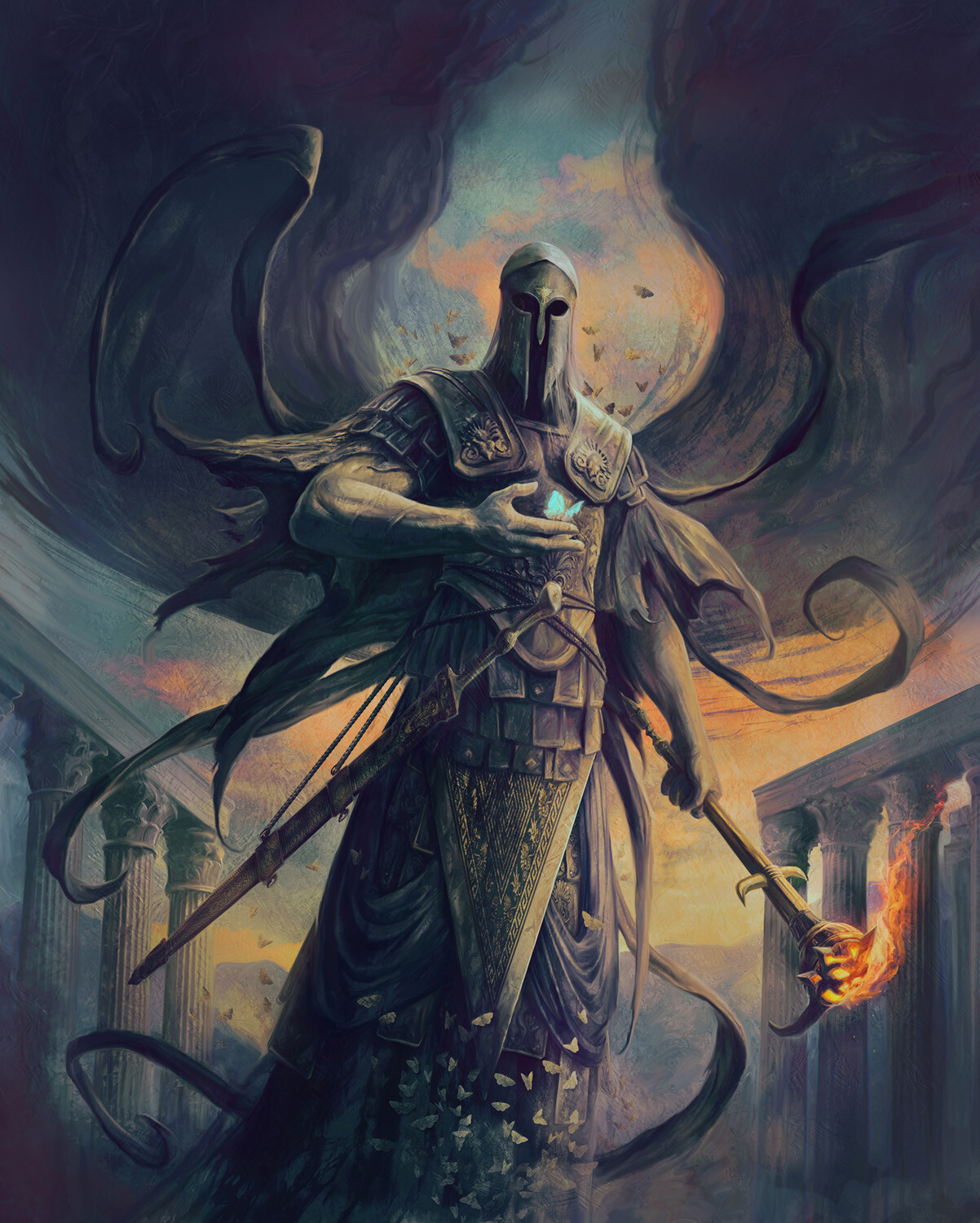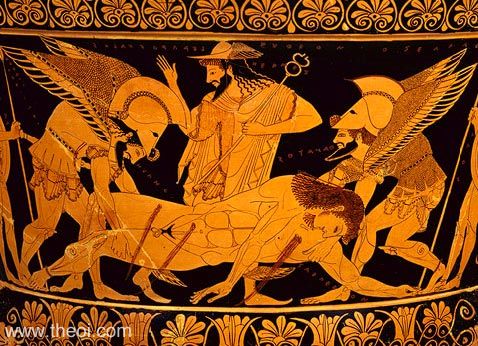Thanatos is a figure from Greek mythology who personifies death. In many ways, he is the counterpart to the god of love, Eros, as he is often depicted as the bringer of the end of life.
According to Greek mythology, Thanatos was the son of Nyx, the goddess of the night, and Erebus, the god of darkness. He was often depicted as a grim and shadowy figure, with wings and a scythe, symbolizing his role as the bringer of death.
Thanatos was not just a personification of death, however. He was also believed to be the spirit of death, responsible for taking the souls of the deceased to the underworld. In this role, he was often depicted as a psychopomp, guiding the souls of the dead to the underworld.
Despite his grim role, Thanatos was not necessarily seen as a malevolent figure in Greek mythology. He was simply fulfilling a necessary role in the cycle of life and death. In fact, many ancient Greeks saw death as a natural and inevitable part of life, and Thanatos was seen as a benign figure who helped ease the transition from life to death.
In Greek mythology, Thanatos was often associated with violence and war, as death is a frequent outcome of these events. However, he was also seen as a bringer of peaceful death, helping those who were suffering or in pain to pass on to the next life.
In addition to his role as the personification of death, Thanatos was also associated with sleep and the unconscious mind. In this sense, he was seen as a bringer of rest and relaxation, helping people to enter a state of deep sleep where they could escape the troubles of the world.
In conclusion, Thanatos was an important figure in Greek mythology, representing the concept of death and the end of life. He was not necessarily seen as malevolent, but rather as a necessary part of the cycle of life and death, helping people to pass on to the next life and easing their suffering.








